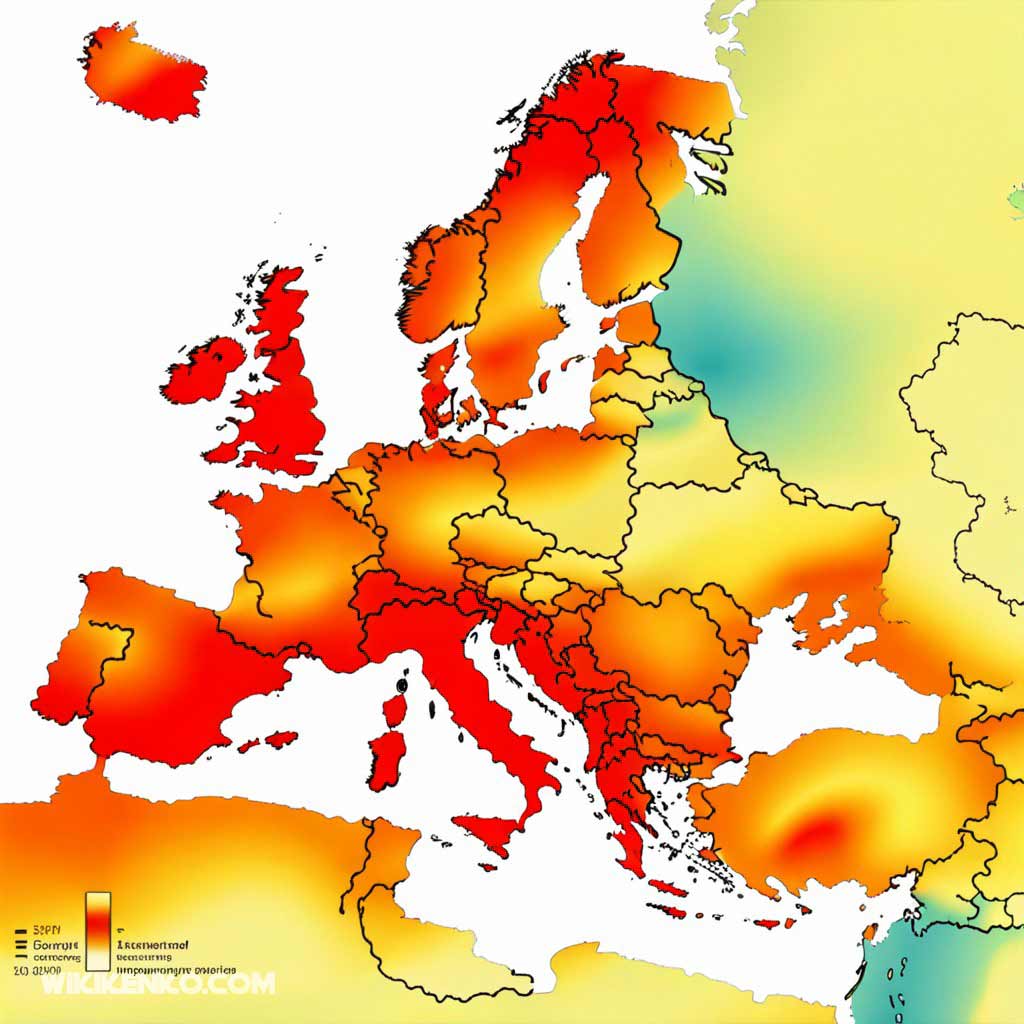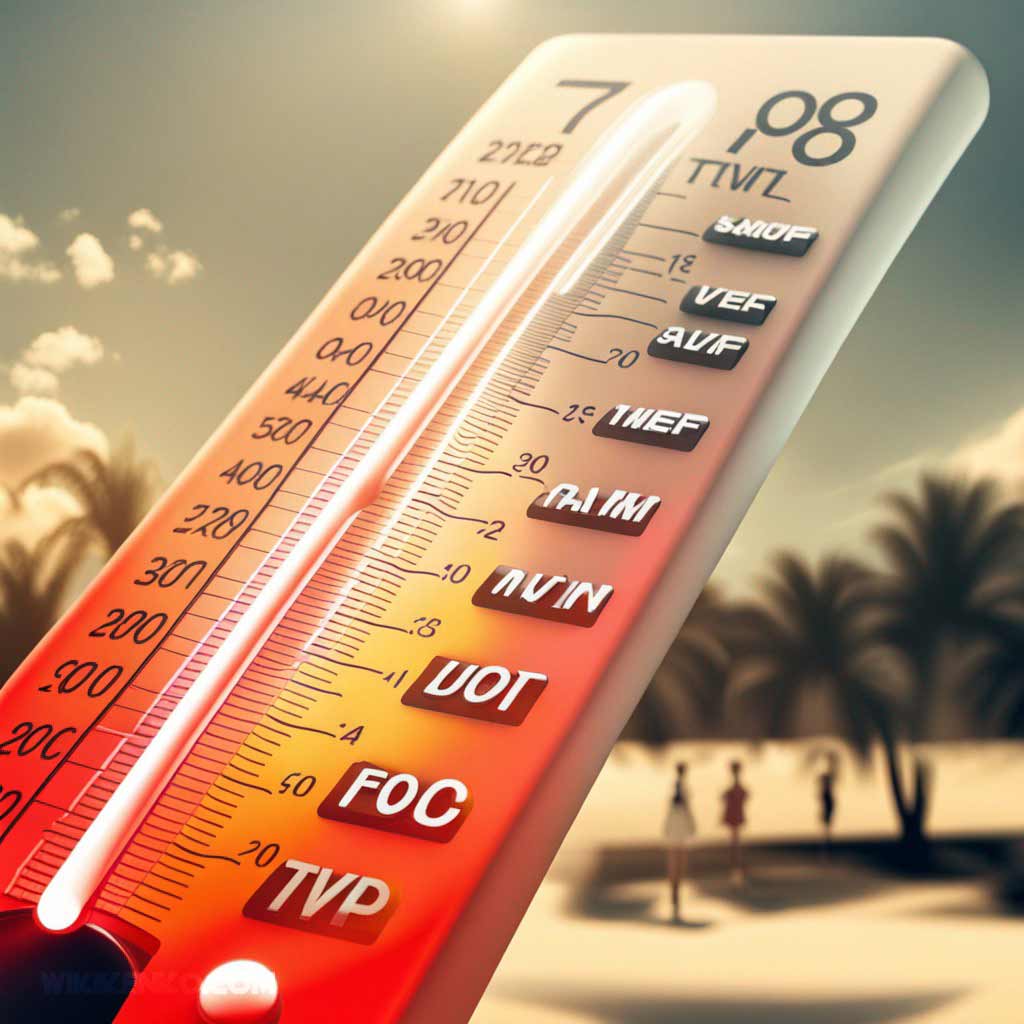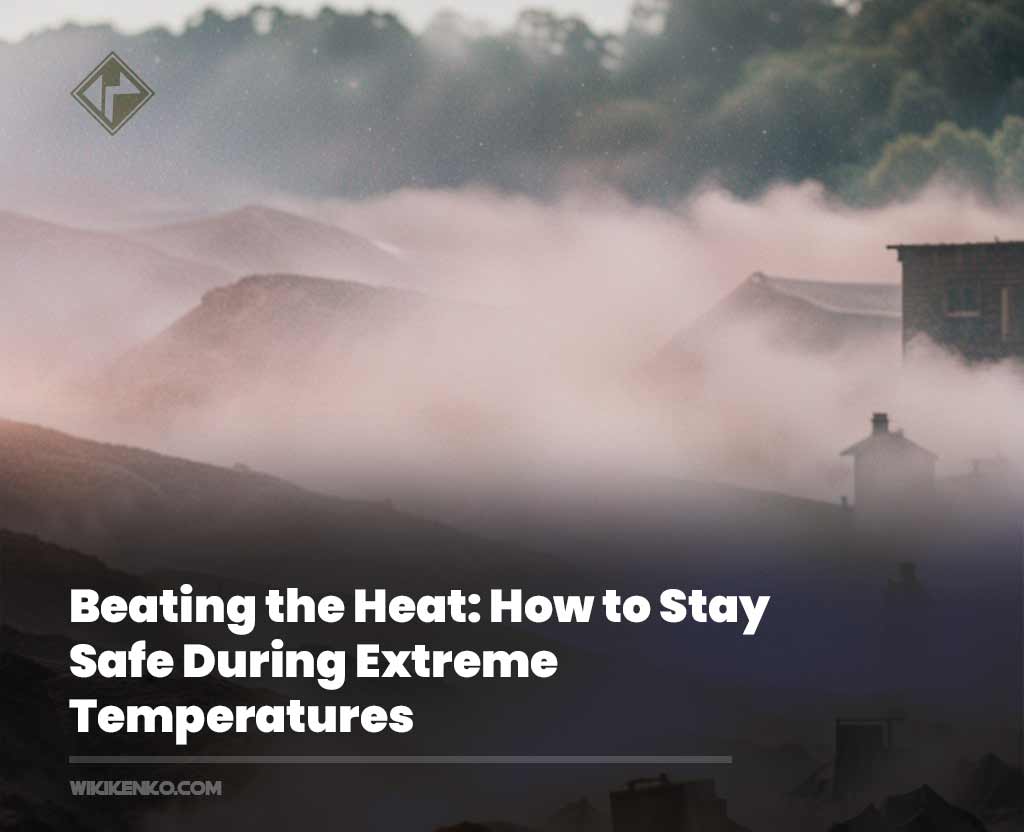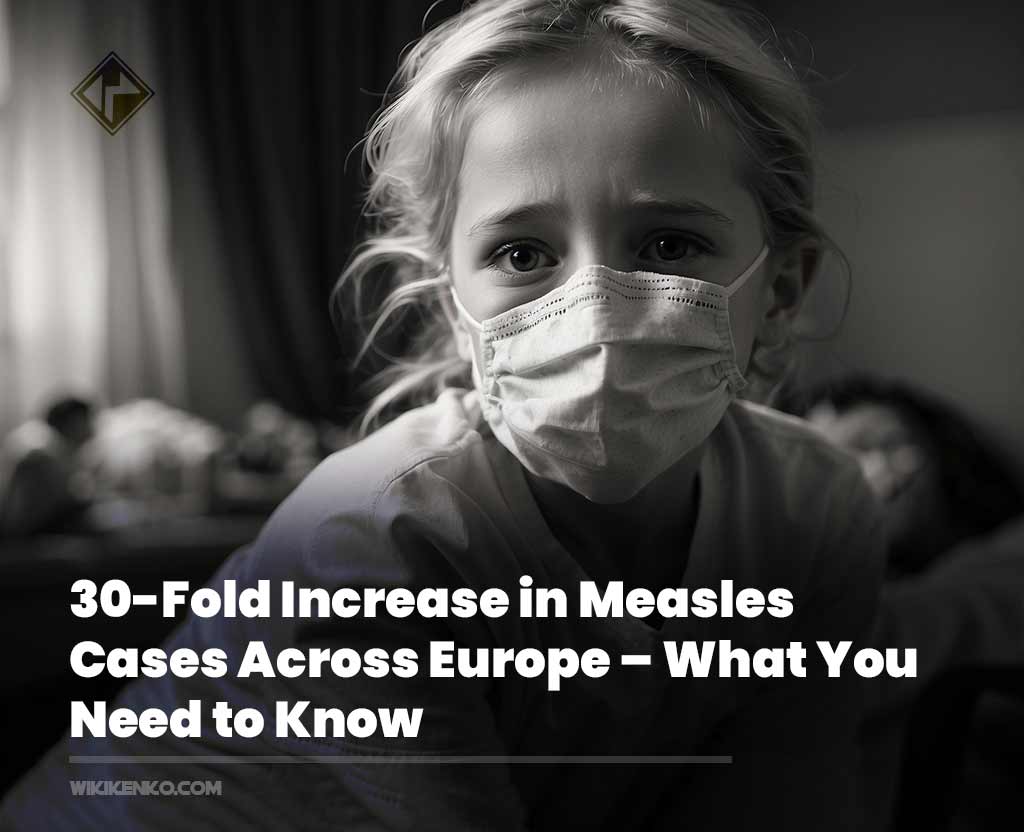As temperatures soar in Southern Europe, with some areas experiencing over 40 degrees Celsius this summer, it’s crucial for both residents and tourists to be prepared for the scorching heatwaves that lie ahead.
The Europe office of the World Health Organization (WHO) has issued a warning, urging people to take precautions against the soaring temperatures. Popular Mediterranean destinations like Spain, Italy, and Greece have already felt the heat, and further heatwaves are on the horizon.
As global warming continues, the number of heat-related deaths is expected to rise each year. The Director of the WHO’s European Region, Hans Kluge, has emphasized the importance of combating climate change while also urging countries to adapt to this new reality in the long term.
But what does the rising temperatures mean for people? Let’s take a closer look at the impact of heatwaves on individuals and essential tips to stay safe.
When Does Heat Become Dangerous for Humans?
The danger of heat arises when the body absorbs more heat than it can release under specific conditions. This results in the body’s core temperature spiraling out of control, leading to a rapid increase.
The threshold varies from person to person and is influenced by factors such as age, overall health, activity level, and acclimatization. For many people in Central Europe, the body experiences higher stress in temperatures above 30 degrees Celsius when it comes to self-cooling. Acclimatizing to high temperatures usually takes several days.
Understanding the Impact of Extreme Heat
Extreme heat places immense strain on the human body. The organism constantly strives to maintain its temperature at around 37 degrees Celsius, which optimizes the performance of most cells, enzymes, proteins, and the immune system. Drastic temperature fluctuations disrupt these vital processes.
If the human body temperature rises above 42 degrees Celsius or falls below 32 degrees Celsius, it can be fatal.

How Does the Body’s Cooling System Work?
To counteract potential organ damage, the body ramps up its cooling mechanism during heat by releasing fluids and salts – commonly known as sweat. Evaporation of sweat cools the skin. However, high humidity can slow down this process.
When the body’s temperature is warmer than its surroundings, it can also radiate heat, similar to how a light bulb warms its surroundings. In extreme heat, blood vessels dilate, causing a drop in blood pressure. The heart compensates by pumping harder, and breathing may quicken. Reduced oxygen supply may lead to decreased brain performance.
Who Is Particularly Vulnerable to Heat?
High outdoor temperatures can place significant stress on the cardiovascular system. Individuals with chronic pre-existing conditions related to the heart and circulatory system should be especially cautious. The regulation of body temperature slows down with age, and there are fewer sweat glands.
Older individuals may feel less thirsty, increasing the risk of dehydration. Even a small water deficit of one to two percent in the body can result in headaches, fatigue, concentration issues, and dizziness, as reported by the Malteser Hilfsdienst.
Children, especially babies and toddlers, have lower sweat production. Consequently, they are more susceptible to heat-related complaints and dehydration. Individuals engaged in physically demanding outdoor work or those who are less capable of self-assistance due to medical conditions are also at risk during extreme heat.
Common Heat-Related Conditions to Watch Out For
Heat Stroke
Prolonged exposure of the head to direct sunlight without a cap, hat, or cloth can lead to irritation of the brain membranes. In severe cases, this can result in brain swelling, presenting symptoms such as headaches, nausea with vomiting, fever, and sometimes altered consciousness and seizures.

Heat Exhaustion
In extreme heat, the body’s capacity to sweat may reach its limits, leading to heat build-up. The body temperature can rise rapidly – often within 10 to 15 minutes – to over 40 degrees Celsius or higher. Consequently, the brain may swell, causing headaches, altered consciousness, or loss of consciousness. This is a medical emergency requiring prompt attention.
Heat Collapse
Excessive heat can lead to a drop in blood pressure, resulting in reduced blood flow to the brain. This can lead to feelings of weakness, followed by nausea, dizziness, and even loss of consciousness. This is also a medical emergency.
Heat Cramps
Physical exertion in hot weather, such as during sports or gardening, often leads to profuse sweating, resulting in a deficiency of fluids and electrolytes such as sodium and potassium that help regulate nerve and muscle function. Muscle cramps or soreness can occur due to this electrolyte imbalance.
Heat Rash
f sweat cannot evaporate adequately due to non-breathable or tight clothing, it can block sweat gland openings, leading to the formation of small, often itchy, or burning blisters.
Conclusion
As temperatures soar, it’s essential to be well-prepared and informed about the potential dangers of extreme heat. Understanding how the body reacts to heat and recognizing signs of heat-related illnesses is crucial to ensure your well-being during heatwaves.
Stay hydrated, seek shade, and take necessary precautions to protect yourself and others from heat-related risks.
FAQs
Stay hydrated, avoid direct sun exposure, wear light, loose-fitting clothing, and seek cool places with air conditioning or fans.
Yes, as people age, their body’s ability to regulate temperature decreases, making them more vulnerable to heat-related complications.
Can heat exhaustion lead to heatstroke?
Yes, if heat exhaustion is left untreated or not adequately managed, it can progress to heatstroke, a severe medical emergency.
Move them to a cooler place, provide water, and cool them down with a damp cloth. If symptoms worsen or they lose consciousness, seek immediate medical help.
Yes, children, especially babies and young children, are more susceptible to heat-related complaints and should be protected from excessive heat exposure.









